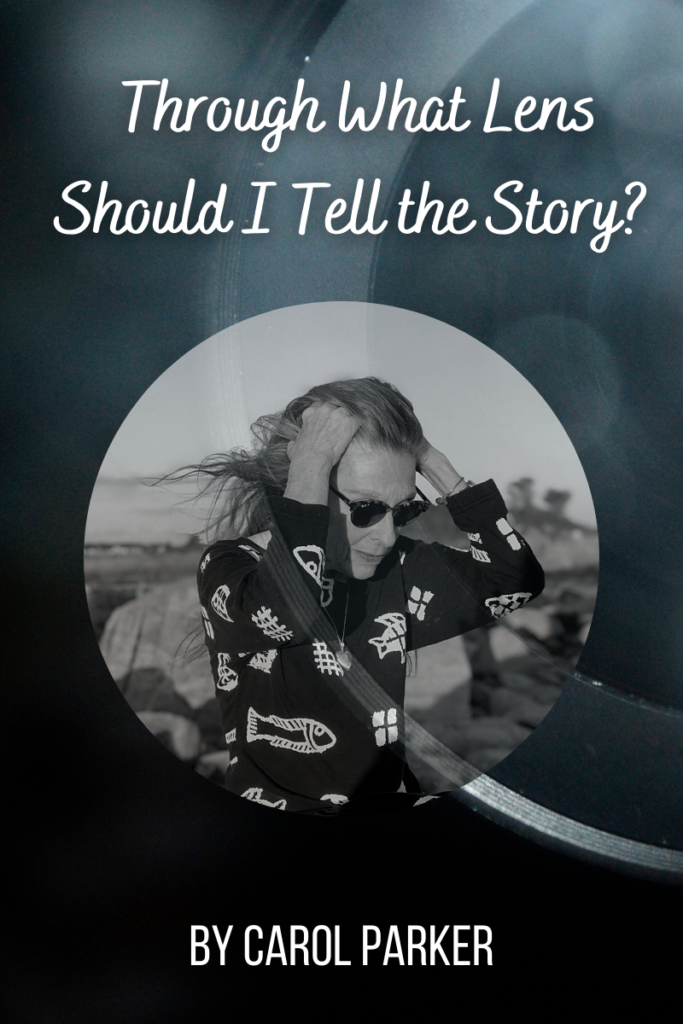How deep do I dig into my own experience, in my own voice, when crafting a story? If I go too deep, will the reader disconnect?
Take The Fish Dress, where a mother caught in an abusive marriage tries to hold the family together for the sake of the child and in a needy way, the love of her husband. In the edited version of the book, domestic violence weaves through the book but with only a hint of how the relationship ends, revealed in a conversation between mother and daughter.
The next morning, our new neighbor knocked on the door after Jim left for work. He said he couldn’t help overhear our fights. That’s when he said:
‘Take your daughter and get out now! I don’t want to be the one calling the police to report a murder. Or two.’
That’s when I made my mistake. I waited for Jim to come home from work and I told him I was leaving him for good. Angelica, do you remember that day, when you ran from that neighbor’s house for help?”
In a pre-edit version of the breakup scene, I leave less to the reader’s imagination, moving the lens closer by providing greater detail:
Through the prison glass, Angelica sat like a statue; her eyes appeared vacant. Nora wondered what her daughter was thinking. There had been many grueling memories, and Nora worried that Angelica’s seven-year-old mind was trapped in one of them. Was it the morning of Nora’s 40th birthday, when the marriage blew up? Had her daughter heard his fist bash the kitchen table and his voice barrel through the walls?
‘I’ll kill you if you try to fucking leave me! ‘
The crash of her mother’s body against the woodstove, and her moans for help. Is that what sent Angelica running into the kitchen? Did she see the pool of blood and her father’s choking hands? Now, Nora ached to embrace her daughter. She wondered if Angelica realized she had saved her mother’s life when she escaped and ran for help. It was the last time Angelica ever saw her father and mother together. Father, mother, and child—don’t all children long for a family? Yes, but Nora had too many brushes with death at Jim’s hands and couldn’t risk trying to salvage the marriage. Nora’s throat turned dry and prickly. “Honey, I’m sorry it didn’t have a happier ending. Please don’t blame yourself for things you didn’t cause.”
Again, I ask you, through what lens should I tell my story?
Carol Parker
PS, if you want to help the sales of my book, please download my new sales sheet.


Carol, I loved the book. I could hear your voice…and had no idea how truly gifted you are as a writer and story teller.
So many women will be able to relate.
Kudos to you. Be well Carol. Much love, Gwynne
Hello, Gwynne! Thank you for sharing your thoughts and for letting me know that other women might benefit from my story. Again, thank you. Be well. Best Regards, Carol